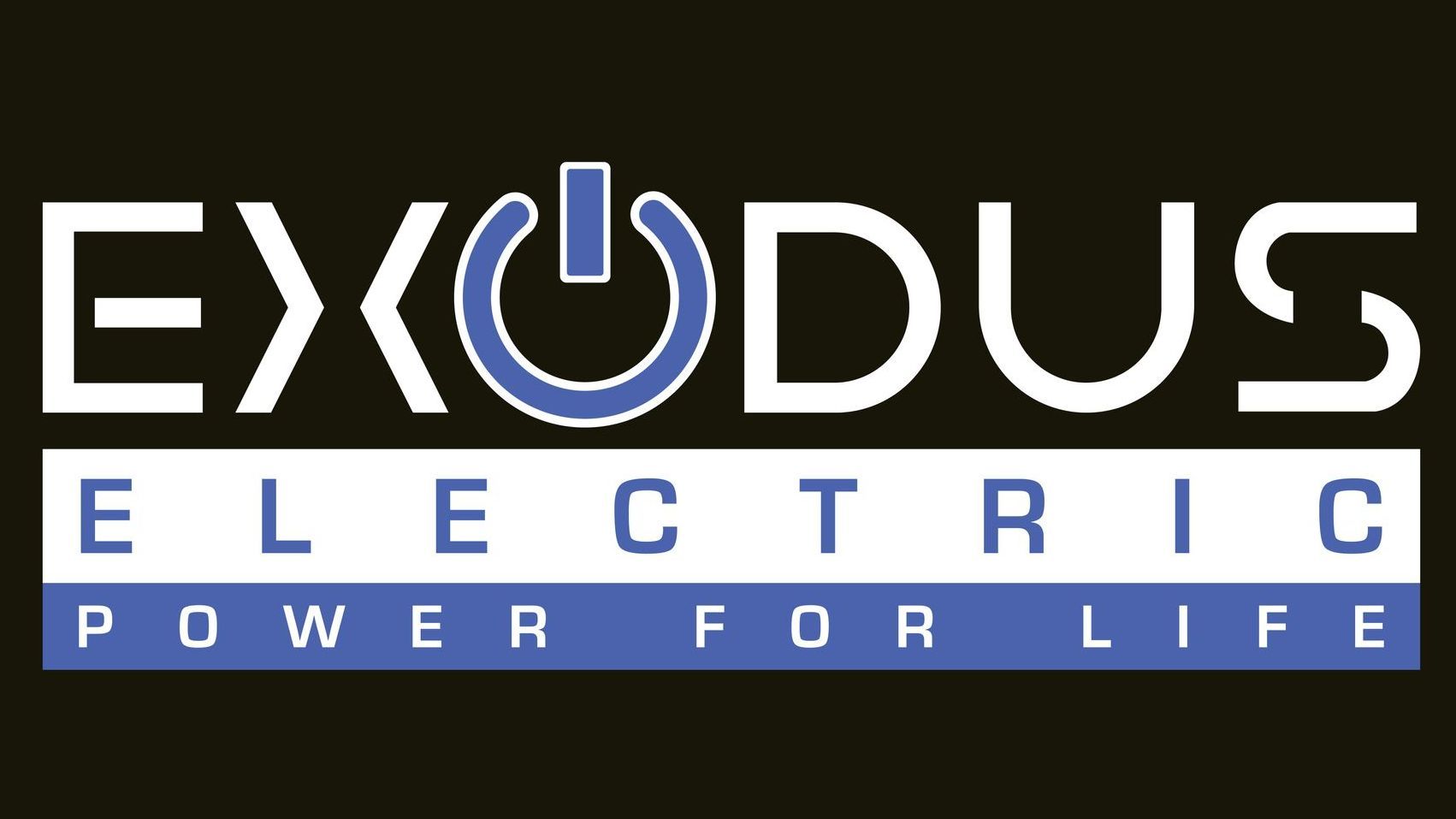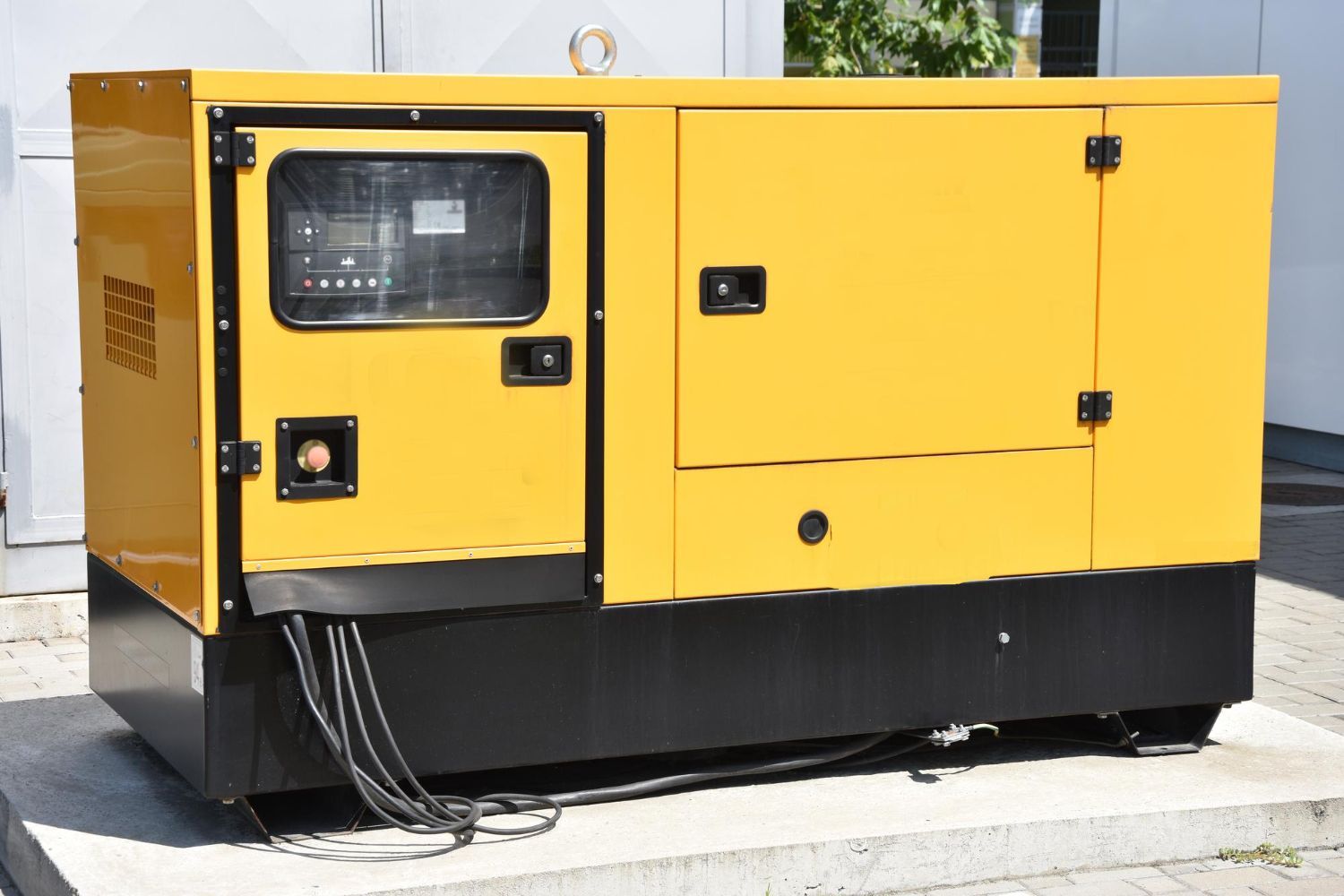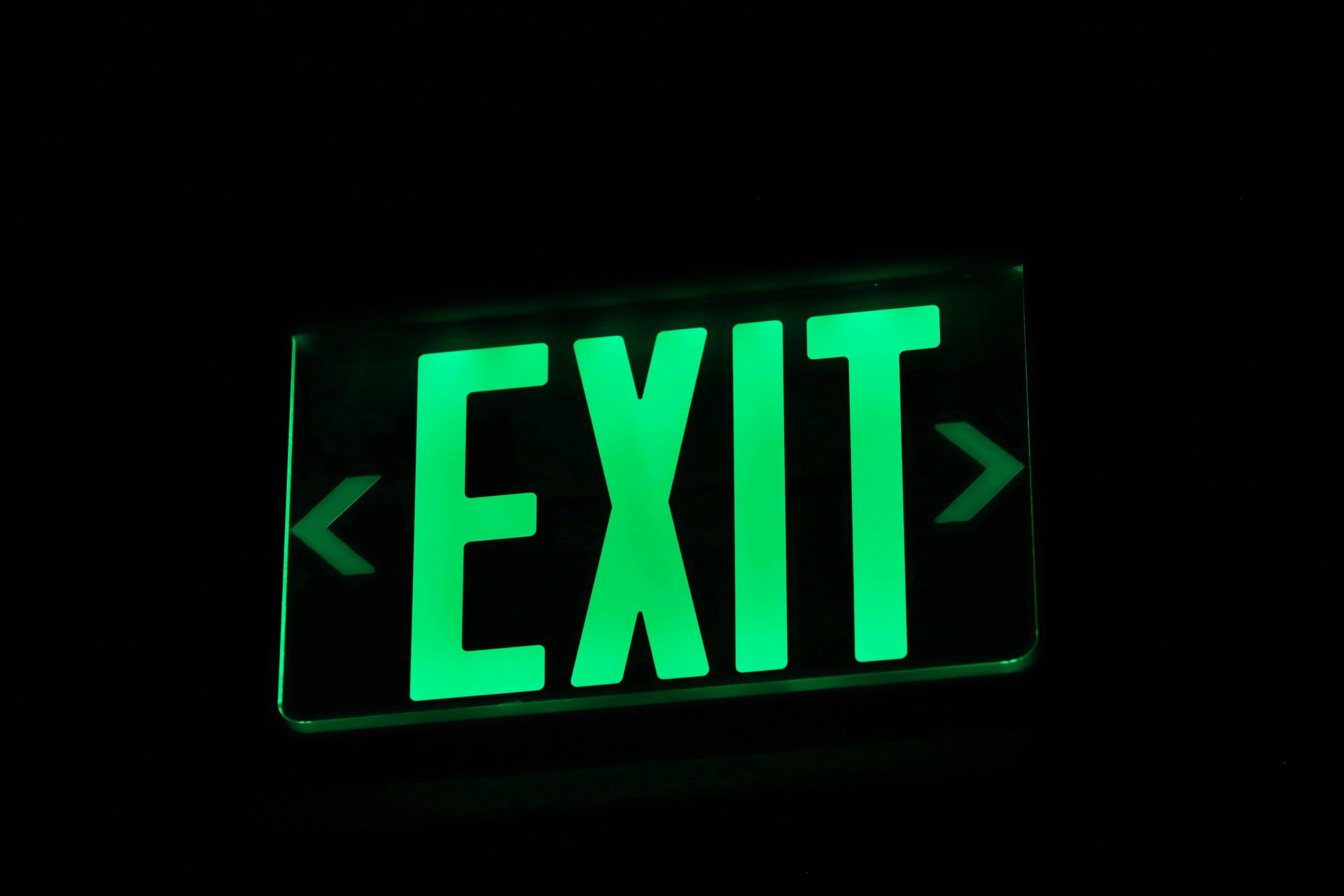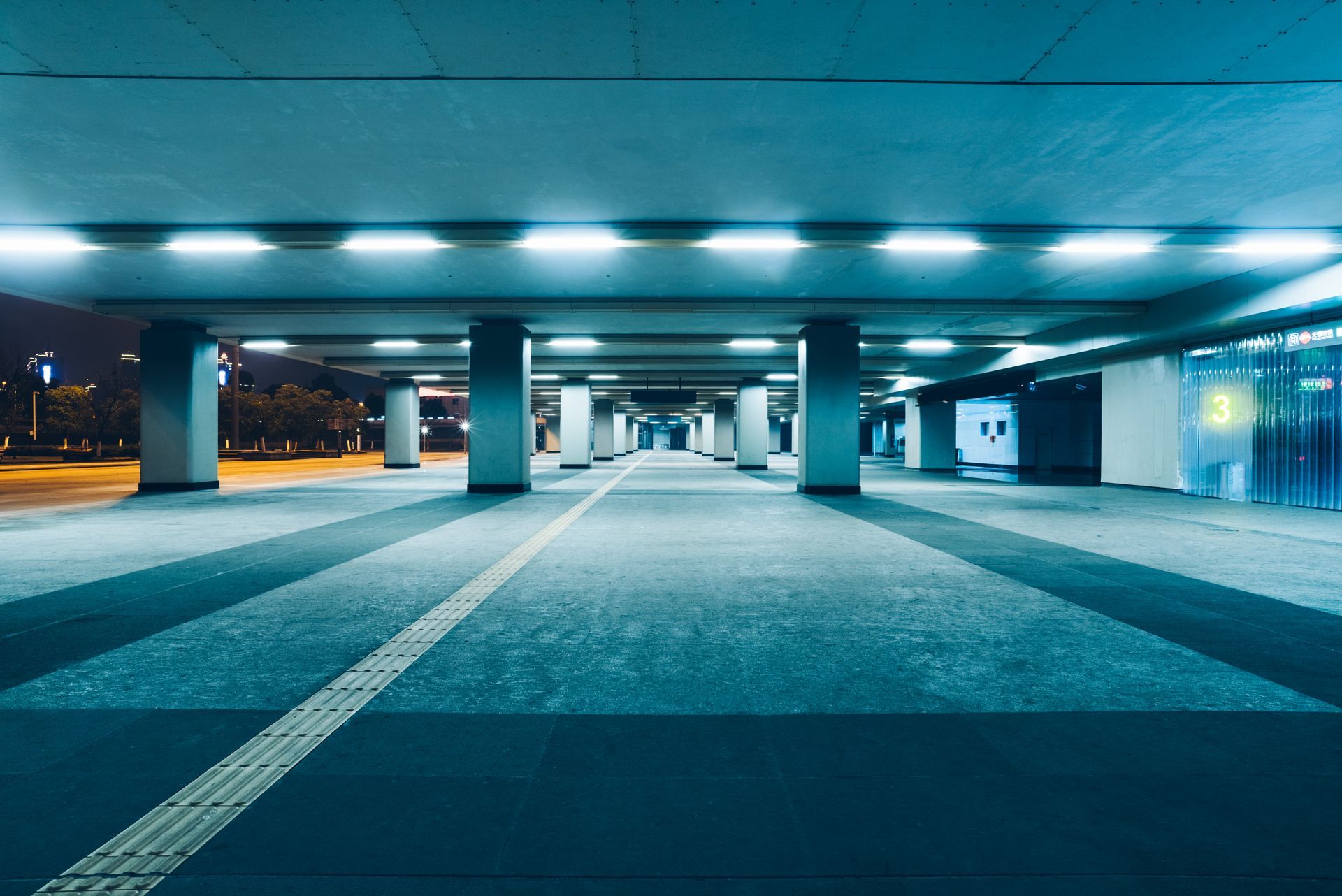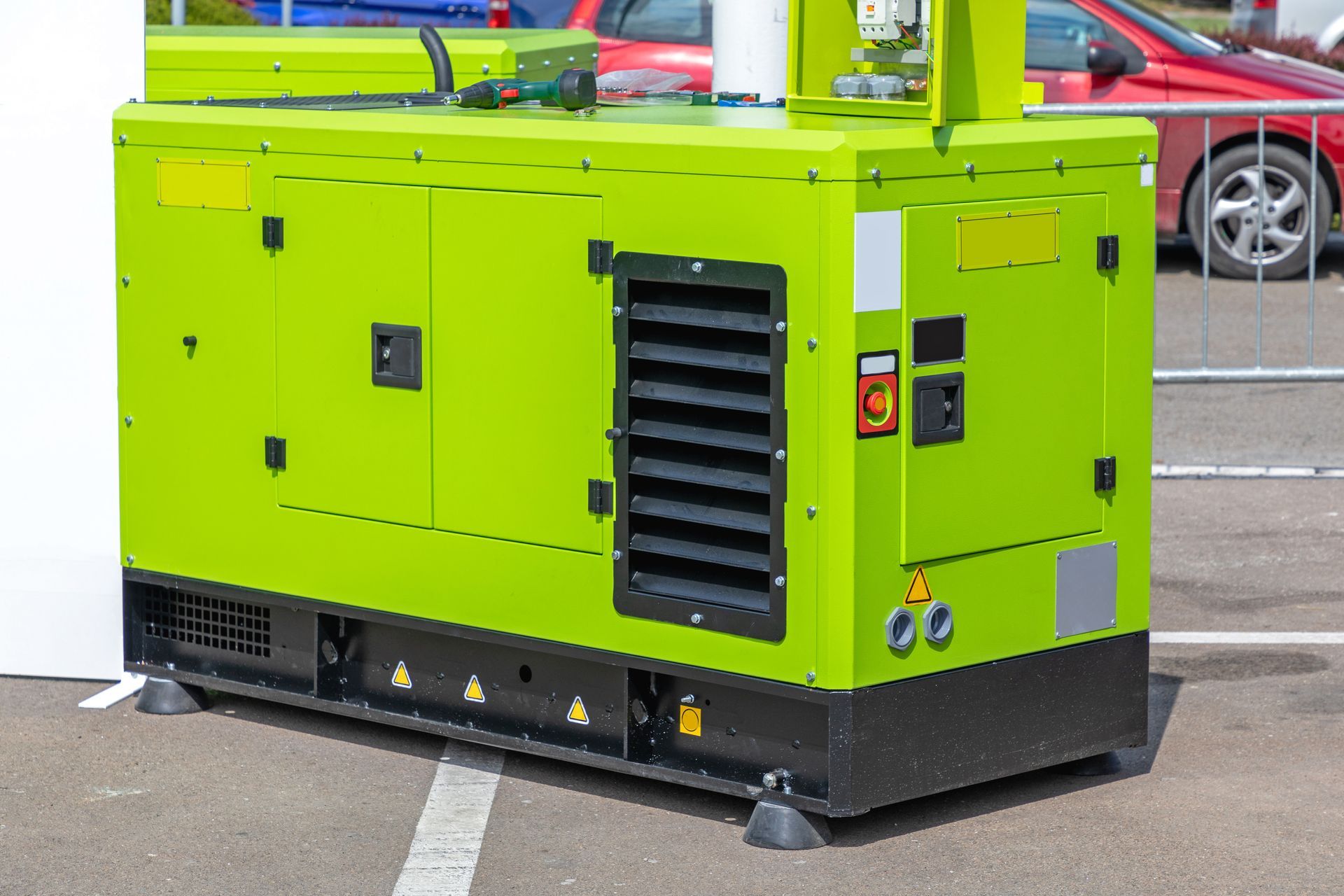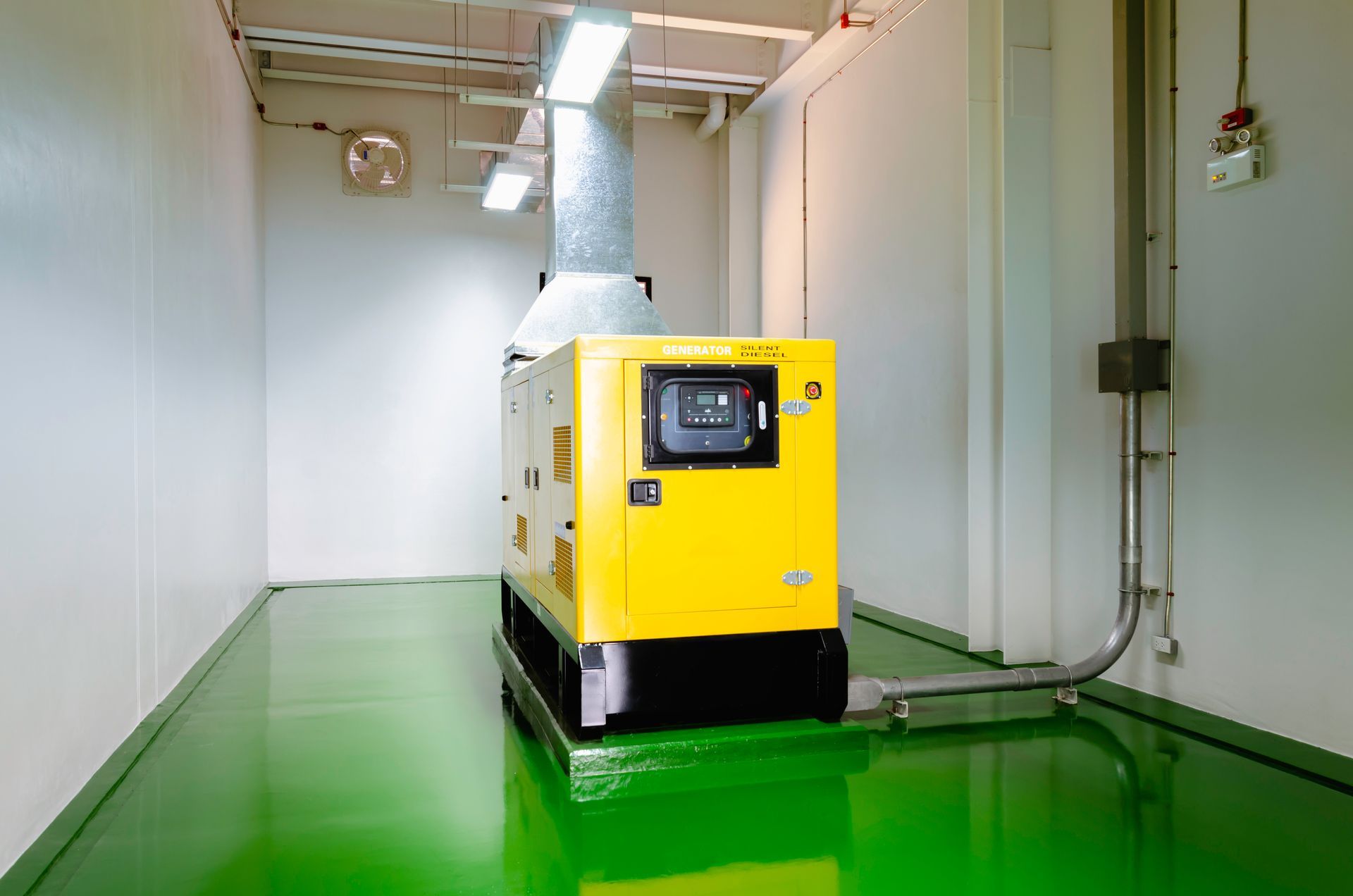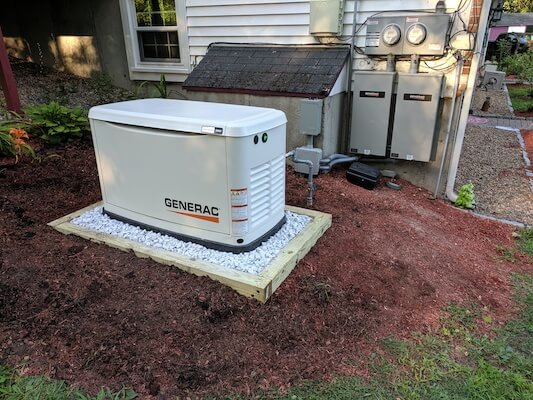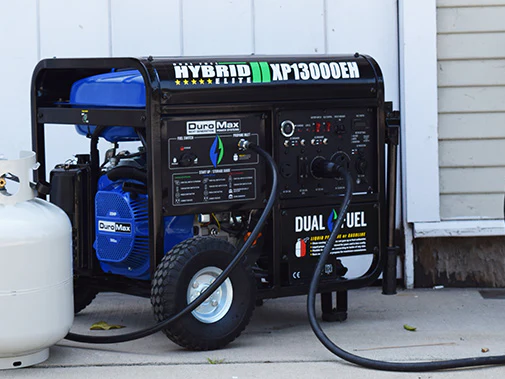EXODUS ELECTRIC
How To Choose the Right Generator Size for My Home?
When the lights go out and your refrigerator starts to hum in silence, the thought of a generator can feel like a superhero swooping in to save the day. But before you get too excited and rush out to buy one, let’s talk about the crucial step: choosing the right generator size for your home. Picking a generator that meets your needs can be the difference between comfort and a dark, candle-lit evening full of unwelcome surprises. In this guide, we’ll break down everything you need to know about generator sizing, from understanding wattage requirements to factoring in your lifestyle.
Understanding Generator Types and Their Power Needs
Before we dive into sizing, let’s quickly cover the types of generators you might consider. Generally, there are two main types for residential use: portable generators and standby generators.
Portable Generators
These are the go-to options for homeowners who need flexibility. You can move them around, and they usually provide sufficient power for essential appliances. However, they require manual setup during an outage.
Standby Generators
These bad boys are permanently installed outside your home and kick in automatically during a power outage. They can power your entire home but typically come with a higher price tag and require professional installation.
Power Needs: What to Consider
Regardless of the type, knowing your power needs is key. Here are a few factors to consider:
- Wattage Requirements: Every appliance has a wattage rating, which determines how much power it consumes.
- Starting vs. Running Wattage: Appliances like refrigerators and air conditioners require more power to start than they do to run. Make sure to account for this difference.
Key Appliances and Their Average Wattage
- Refrigerator: 600-800 watts (starting) / 200-400 watts (running)
- Air Conditioner: 2,000-3,500 watts (starting) / 700-1,500 watts (running)
- Heating Systems: 1,500-5,000 watts (varies greatly)
- Sump Pump: 800-1,200 watts
- Lighting: 50-300 watts (depending on the number of fixtures)
Understanding these values can help you gauge how much wattage you’ll need to keep your home running smoothly during an outage.
Calculating Your Total Power Needs
Now that you have an idea of what your essential appliances consume, it’s time to calculate your total power needs. Here’s a simple formula:
- Make a List: Write down the appliances you want to power during an outage.
- Add Up the Running Wattages: Include all the running wattages for the appliances.
- Factor in Starting Wattages: For those that require extra power to start, add those starting wattages to your total.
Example Calculation
Let’s say you want to power the following during an outage:
- Refrigerator: 800 watts (starting) / 200 watts (running)
- Air Conditioner: 3,000 watts (starting) / 1,200 watts (running)
- Lighting: 300 watts
Total Running Wattage: 200 + 1,200 + 300 = 1,700 watts
Total Starting Wattage: 800 + 3,000 + 300 = 4,100 watts
In this example, you would need a generator that can handle at least 4,100 watts for starting and 1,700 watts for running.
Tips for Accurate Calculations
- Consult Manuals: Check appliance manuals or labels for exact wattage ratings.
- Use Online Calculators: Many generator manufacturers offer online calculators to simplify this process.
Considering Your Lifestyle and Usage
Your lifestyle plays a big role in deciding the size of your generator. Do you love hosting friends for weekend BBQs, or do you prefer a quiet night in with Netflix? Consider the following:
- Frequency of Use: Will you only use the generator during power outages, or do you plan to utilize it for outdoor events?
- Additional Appliances: Are there any additional appliances you might want to power in the future? Think about your lifestyle and what you might need.
- Living Space Size: Larger homes may require more power, especially if you have multiple HVAC units or large refrigerators.
Lifestyle Scenarios
- Family with Kids: You may want a generator that can power entertainment systems, multiple refrigerators, and possibly even an air conditioner.
- Minimalist: If you’re all about simple living, you may only need a generator that supports basic lighting and refrigeration.
- Remote Worker: If you work from home, a reliable generator could keep your computer and internet running smoothly.
What Happens If You Choose the Wrong Size?
Choosing the wrong generator size can lead to several headaches, both literally and figuratively. Here are some potential issues:
Too Small
- Overloading: If your generator cannot handle the power required, you risk damaging your appliances or the generator itself.
- Inconvenience: Not being able to power essential appliances can make life uncomfortable during an outage.
Too Big
- Costly: Bigger generators are usually more expensive, both in terms of purchase price and fuel consumption.
- Wasted Energy: Operating an oversized generator can lead to inefficiency, causing it to consume more fuel than necessary.
Maintenance and Care for Your Generator
Once you’ve selected the right size, keeping your generator in top shape is crucial for reliability. Here are some maintenance tips:
Regular Inspections
- Check Oil Levels: Just like your car, your generator needs oil to run smoothly.
- Test Start: Monthly tests can help ensure everything is working properly.
Cleanliness is Key
- Keep it Dry: Ensure that the area around the generator is dry and free from debris.
- Clear Ventilation: Make sure the generator has enough space for ventilation to avoid overheating.
Professional Maintenance
Consider scheduling a professional maintenance service to keep your generator running efficiently.
Ready to Light Up Your Home? Contact Us for Expert Generator Installation in Brandon, FL
If you’re still feeling a bit lost in the generator jungle, don’t worry! Our expert team at Exodus Electric Corporation is here to help you choose the perfect generator size for your home and handle the installation with ease. Whether you’re in Brandon, FL, or the surrounding areas, we’ve got you covered.
Don’t leave your home’s safety to chance. With our professional generator installation services, you can rest easy knowing that you’ll be prepared for whatever Mother Nature throws your way. Plus, we offer a range of services, including commercial lighting repair and installation, generator maintenance, and more.
Contact us today at
(813) 444-4445, and let’s ensure you’re never left in the dark again!
FAQs
How do I know what size generator I need?
To determine the right size, make a list of all the appliances you want to power and calculate their total wattage, factoring in both running and starting watts.
Can I install a generator myself?
While small portable generators can often be set up by homeowners, standby generators typically require professional installation to ensure safety and compliance with local codes.
How often should I run my generator?
It’s recommended to run your generator for a test at least once a month to ensure it’s functioning correctly.
What is the difference between a portable and a standby generator?
Portable generators are movable and require manual setup, while standby generators are permanently installed and automatically activate during power outages.
Do I need a permit to install a generator?
Yes, many local governments require permits for generator installation, especially for standby models. Always check with your local authorities.
